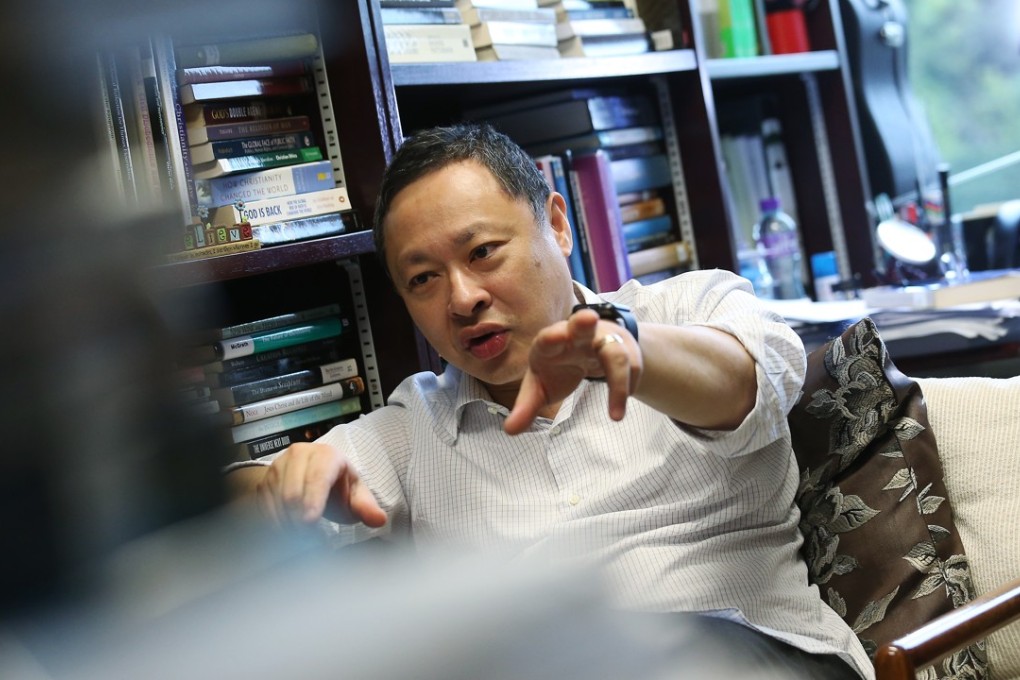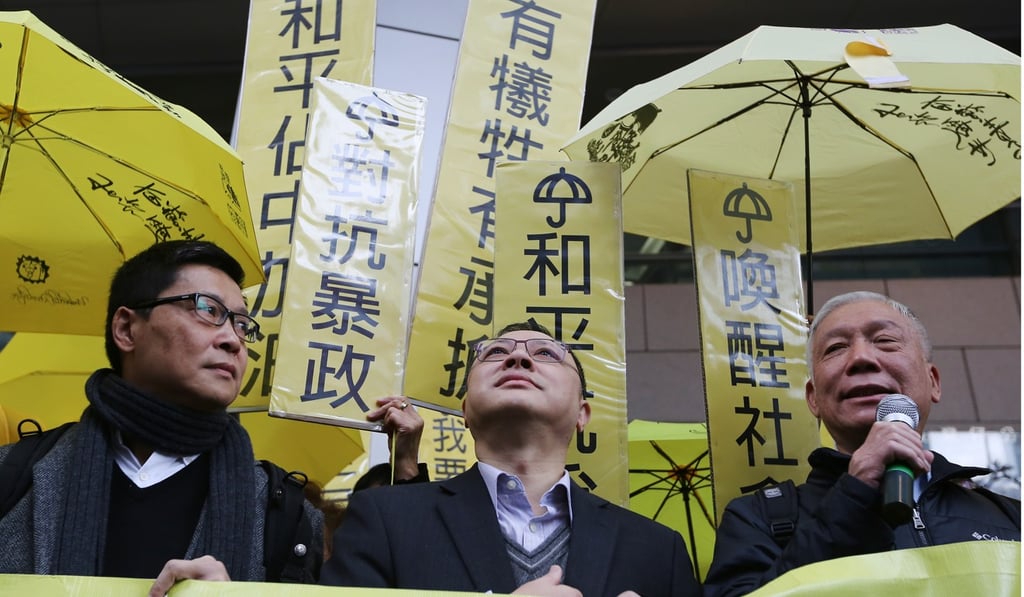Hong Kong Occupy Central co-founder Benny Tai should come down from his ivory tower
Alice Wu says with his latest idea for yet another impractical voting strategy, the Occupy Central co-founder shows that he does not understand the complexities that come from working with people

Human progress owes a lot to the many who have taken on the rigorous exercise of repeating their experiments, toughing it out through the painful cycle of formulating, testing and modifying hypotheses without any promise of a favourable outcome. It’s not for the faint-hearted.

Occupy Central turned into something even Tai admitted was “beyond what [he] imagined”. Though somewhat dulled by time, the emotive reactions evoked by the mere mention of it remain strong today. It was his brainchild. But when it hit the ground in the autumn of 2014, it quickly spiralled out of control. Love and peace were lost in the process. And the rest, as they say, is history.
Occupy Central is on: Benny Tai rides wave of student protest to launch movement
Tai saw Occupy Central as a political and social awakening. It’s time that he, too, was awakened to reality